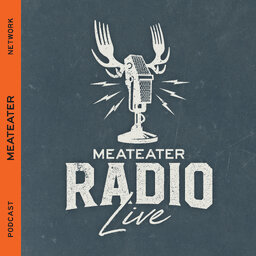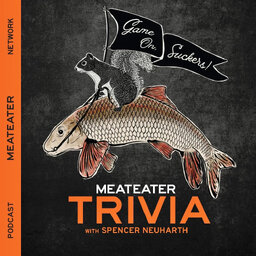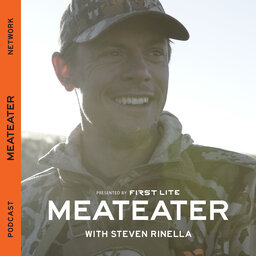Ep. 432: Hit 'Em Where They Ain't with Ian Frazier
Steve Rinella talks with Ian Frazier, Ryan Callaghan, Brody Henderson, Phil Taylor, and Corinne Schneider.
Steve Rinella talks with Ian Frazier, Ryan Callaghan, Brody Henderson, Phil Taylor, and Corinne Schneider.
Topics include: Frazier's bajillion books and articles in The New Yorker; the Lakota word, ichipasisi; Steve's piece about fishing in the turbine, which led to his big break; the "weights in fish" guys plead guilty; a correction on a correction about Dale Hollow Lake; rewards for turning in bands and the million dollar phesant; a note to the hater; how many pythons are really out there; circumpolar distribution; globigerina ooze; Steelhead Joe; the Chukchi hunters; seal liver with angel hair pasta; not wanting to live near other writers; hog distribution maps overlaid with voting maps; the Bronx; the in between-ness of a place; steamboat explosions; and more.
Connect with Steve and MeatEater
Steve on Instagram and Twitter
MeatEater on Instagram, Facebook, Twitter, and Youtube
Shop MeatEater Merch
In 1 playlist(s)
The MeatEater Podcast
Building on the belief that a deeper understanding of the natural world enriches all of our lives, h…Social links
Follow podcast
Recent clips

Ep. 837: This Episode is Called "It's the Third-to-Last Episode" | MeatEater Radio Live!
1:11:02

Ep. 836: 2026 MeatEater Trivia Tournament, Round 2
47:14

Ep. 835: Attack Of The Screw Worms
2:01:50
 The MeatEater Podcast
The MeatEater Podcast